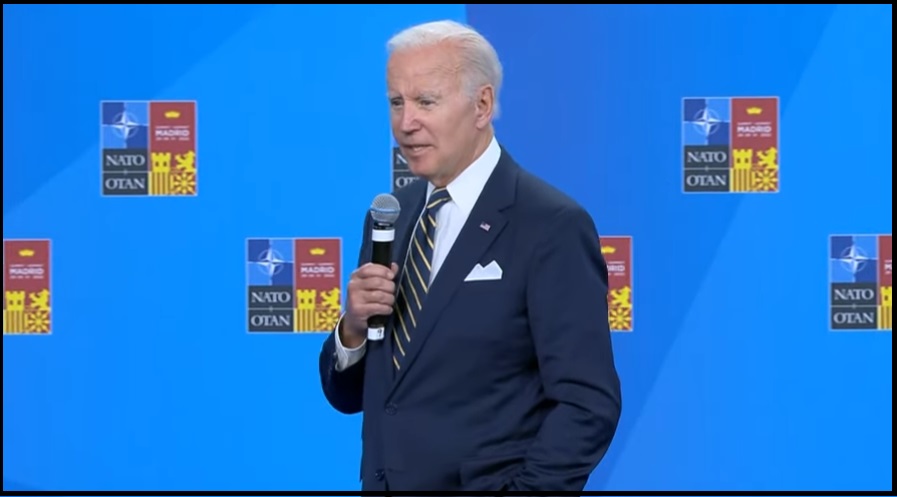The energy crisis in Germany is now a confluence of terrible events that will snowball well into next year.
The world’s largest chemical company, BASF, has announced they will cut down the production of ammonia in order to use less natural gas. In the short term this will help Germany build up natural gas supplies to survive a cold winter with predicted rationing still planned. However, in the long term the shortage of ammonia means less fertilizer which will mean future shortages and increased costs for farmers; ultimately creating lower yields next year.
FRANKFURT, July 27 (Reuters) – Germany’s BASF (BASFn.DE), the world’s largest chemical company, is cutting ammonia production further due to soaring natural gas prices, it said on Wednesday, with potential ramifications from farming to fizzy drinks.
Germany’s biggest ammonia maker SKW Piesteritz and number four Ineos also said they could not rule out production cuts as the country grapples with disruption to Russian gas supplies.
Ammonia plays a key role in the manufacturing of fertiliser, engineering plastics and diesel exhaust fluid. Its production also yields high-purity carbon dioxide (CO2) as a byproduct, which is needed by the meat and fizzy drinks industries.
“We are reducing production at facilities that require large volumes of natural gas, such as ammonia plants,” BASF Chief Executive said in a media call after the release of quarterly results, confirming an earlier Reuters report.
[…] Unlike many European countries, Germany has no liquefied natural gas (LNG) port terminals to replace Russian pipeline gas. That means companies are under political and commercial pressure to reduce gas intensive activities if gas deliveries are cut further.
[…] Russia resumed pumping gas via its biggest pipeline to Europe, Nord Stream 1, on July 21 after a 10-day maintenance outage, but Gazprom (GAZP.MM) on Monday said supplies to Germany would drop to just 20% of capacity. (read more)


